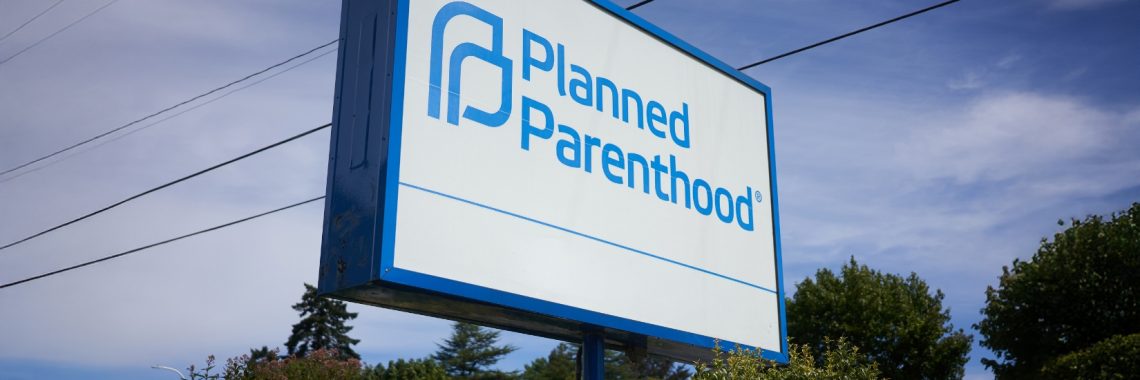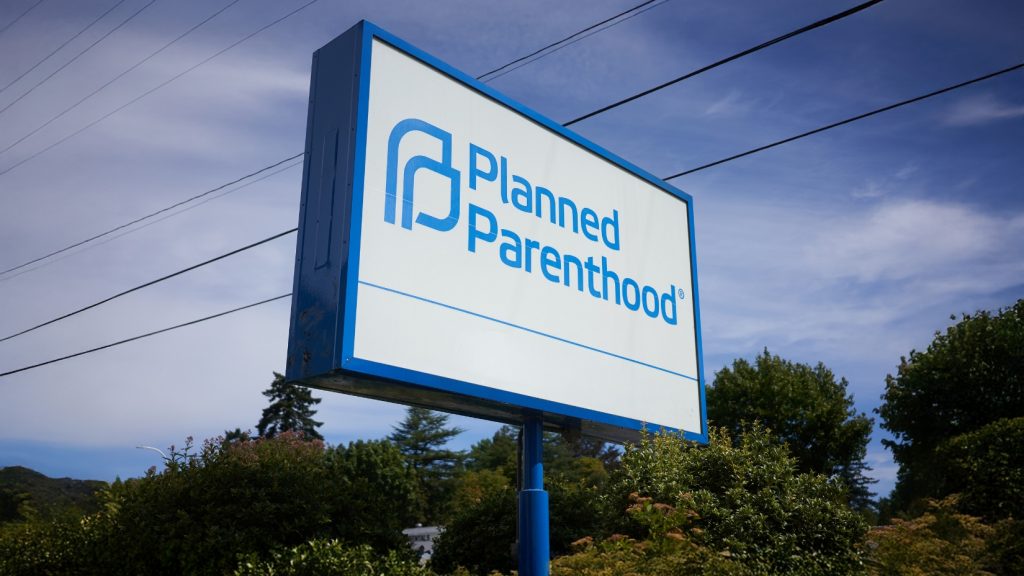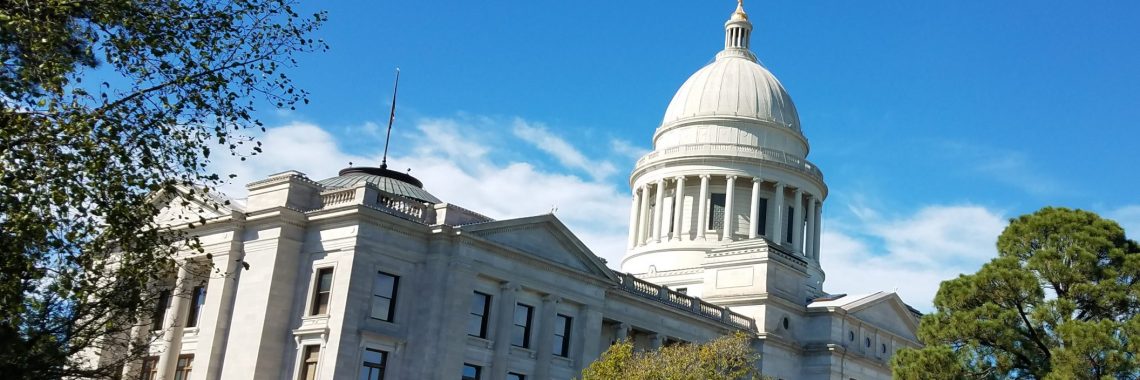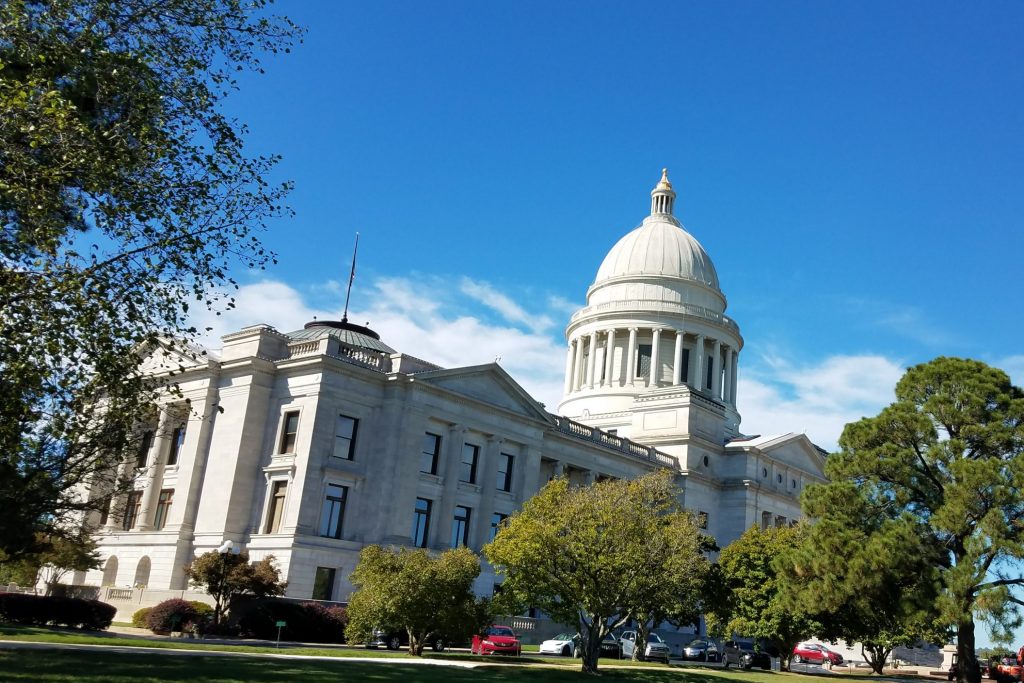On this day in 1916, the first birth control clinic in America was opened in Brooklyn, New York. Margaret Sanger, a nurse who worked among the poor on the Lower East Side, founded the Brownsville Clinic, which was later renamed after her. Sanger founded Planned Parenthood, the organization that would lead America into an era of child killing. An estimated 64.5 million babies have been killed since Roe v. Wade legalized abortion on demand in 1973. Though the Dobbs decision overturned Roe, abortion had already, as Ryan Anderson and Alexandra DeSanctis argued in their book, poisoned nearly every aspect of our culture.
At the heart of Sanger’s views was a deep, insipient racism that continues to express in the work of the organization she founded. An avowed advocate of eugenics, Sanger famously launched “The Negro Project” to reduce or eliminate the Black population by encouraging sterilization and birth control. Though the context of her words is debated, Sanger once described the project by saying:
We do not want word to go out that we want to exterminate the Negro population, and the minister is the man who can straighten out that idea if it ever occurs to any of their more rebellious members.
Sanger’s legacy is straightforward. While African Americans make up about 14% of the U.S. population, as of 2021, 28% of all abortions are from black women, compared to 6.4% of white women. Black moms are somewhere between three and five times more likely to have an abortion than white moms. In New York City, thousands more black babies are aborted than are born each year.
In the book How to be an Anti-Racist, which was on The New York Times Bestseller list for 45 straight weeks, Dr. Ibram X. Kendi defined racism as anything that “produces or sustains racial inequity.” According to Kendi, intention does not matter. Only outcomes matter.
Ironically, Kendi and other progressives center abortion rights in the cultural agenda for diversity, equality, and inclusion. However, according to his own (flawed) definition of racism, there is no more racist practice than abortion, and there is no cultural institution more racist than Planned Parenthood. Over 19 million more African-American people would be in the world today if not for legalized abortion and Planned Parenthood. Even more, Planned Parenthood’s business model directly targets black and other minority women. A 2017 Protecting Black Life study found that 22 of 25 abortion mega-centers were located within walking distance of black communities.
The idea of “systemic” or “institutional racism” is controversial. Often, the concepts are used to subvert debate and condemn political opponents. However, it should not be theologically controversial to suggest that sin can take systemic and structural forms. There are examples throughout Scripture and human history. For example, prior to the flood, God described the evil of man as “great in the earth, and … every intention of the thoughts of his heart was only evil continually” (Genesis 6:5 ESV).
Systems and structures can operate, with either intention or inertia, in ways that harm certain groups. This does not alleviate individual responsibility for evil. Rather, it is what happens because evil corrupts hearts and minds, people and nations, and individuals and systems.
There is no greater example of systemic racism in an organization than Planned Parenthood. Proponents of eugenics, like Sanger, wanted wealthy, healthy and strong people to have more babies, and poor, sick, disabled, and minority people to have fewer (or no) babies. Of course, the women who walk into a Planned Parenthood today are not thinking about Margaret Sanger or her racist views. They are in crisis and looking for help. Many are in poverty. Way too many are being pressured to abort. Many are scared. Black mothers are nearly three times as likely to die during pregnancy or childbirth as white mothers. All have been raised in a society in which abortion has been normalized.
Years ago, Planned Parenthood of New York removed Sanger’s name from its clinic. They even appealed to the city to change the name “Margaret Sanger Square.” Distancing from Sanger does not lessen the evil of her views or life’s work. Nor does it redeem the racist foundations upon which Planned Parenthood has been built and still operates.
Copyright 2025 by the Colson Center for Christian Worldview. Reprinted from BreakPoint.org with permission.
READ MORE






